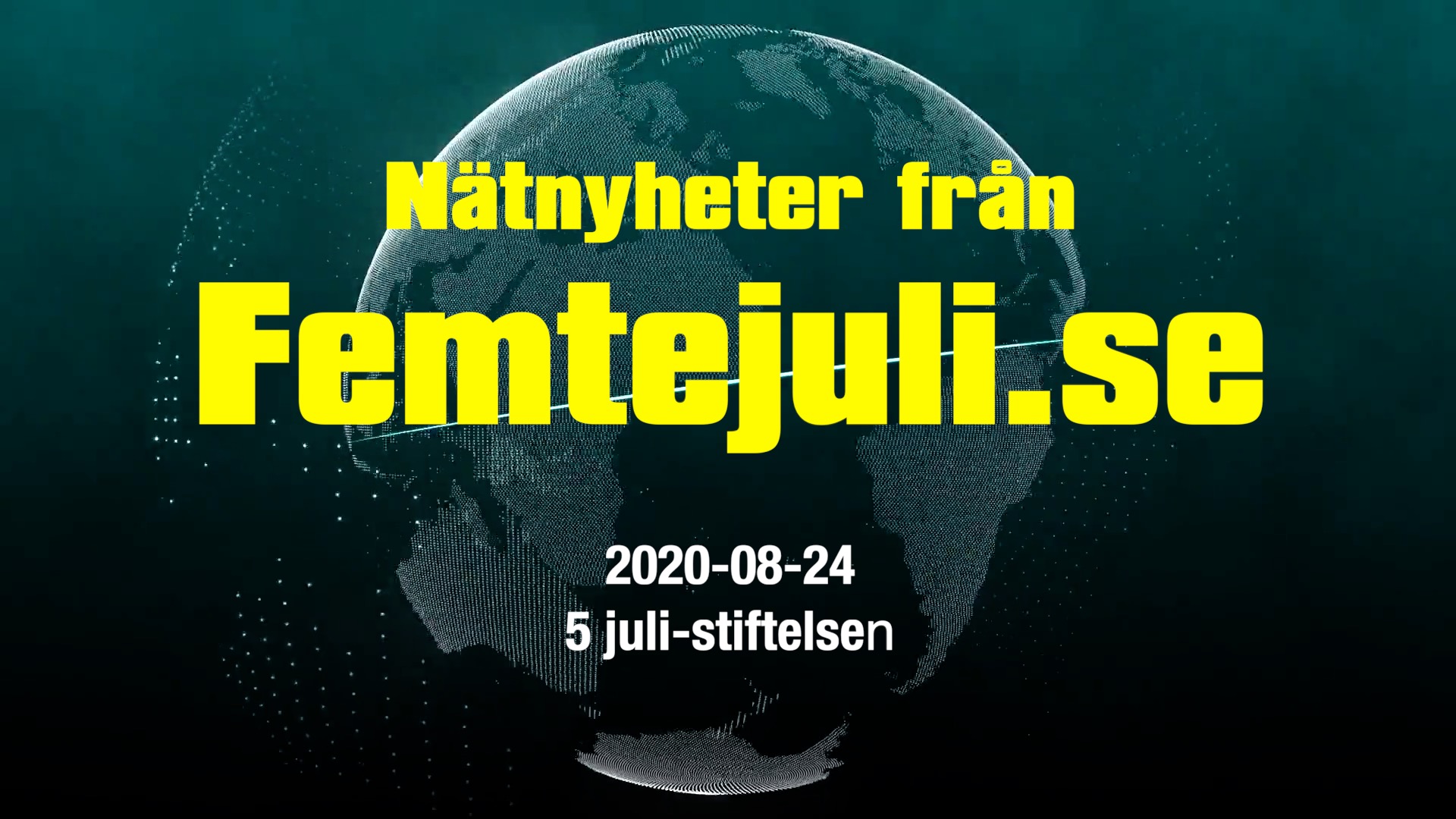Vi har tidigare rapporterat hur filmbolagen och Rättighetsalliansen givit sig på VPN-operatören OVPN – i jakten på olaglig fildelning genom The Pirate Bay:
• Den ständiga jakten på The Pirate Bay – filmbolag ger sig på VPN-tjänst »
• Delseger för OVPN i The Pirate Bay-mål »
• Jakten på TPB – filmbolagen fortsätter bråka med OVPN »
Och nu kommer nyheten som förhoppningsvis sätter punkt för denna process: OVPN vinner informationsföreläggande »
»För att sammanfatta beslutet, har Rättighetsalliansen och deras säkerhetsexperter inte kunnat bevisa några sårbarheter i OVPN:s system som skulle kunna medföra att loggar sparas. OVPN vinner därmed informationsföreläggandet då våra uttalanden och bevis gällande vår loggningspolicy inte har kunnat motbevisas. Filmbolagen behöver också ersätta OVPN:s rättegångskostnader, vilket landar på 108 000 SEK exkl moms.«
Fast Big Entertainments jakt på TPB lär fortsätta.

